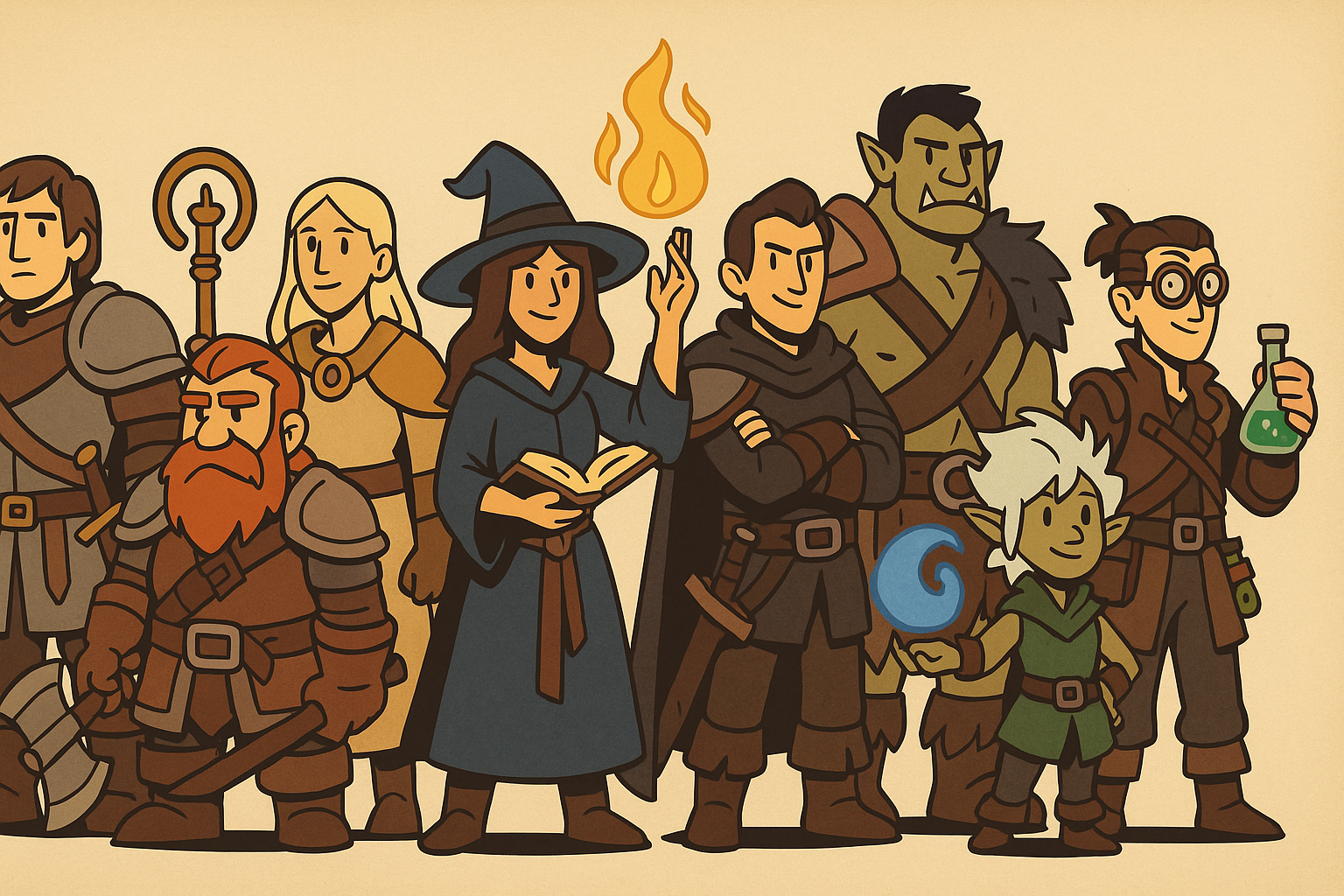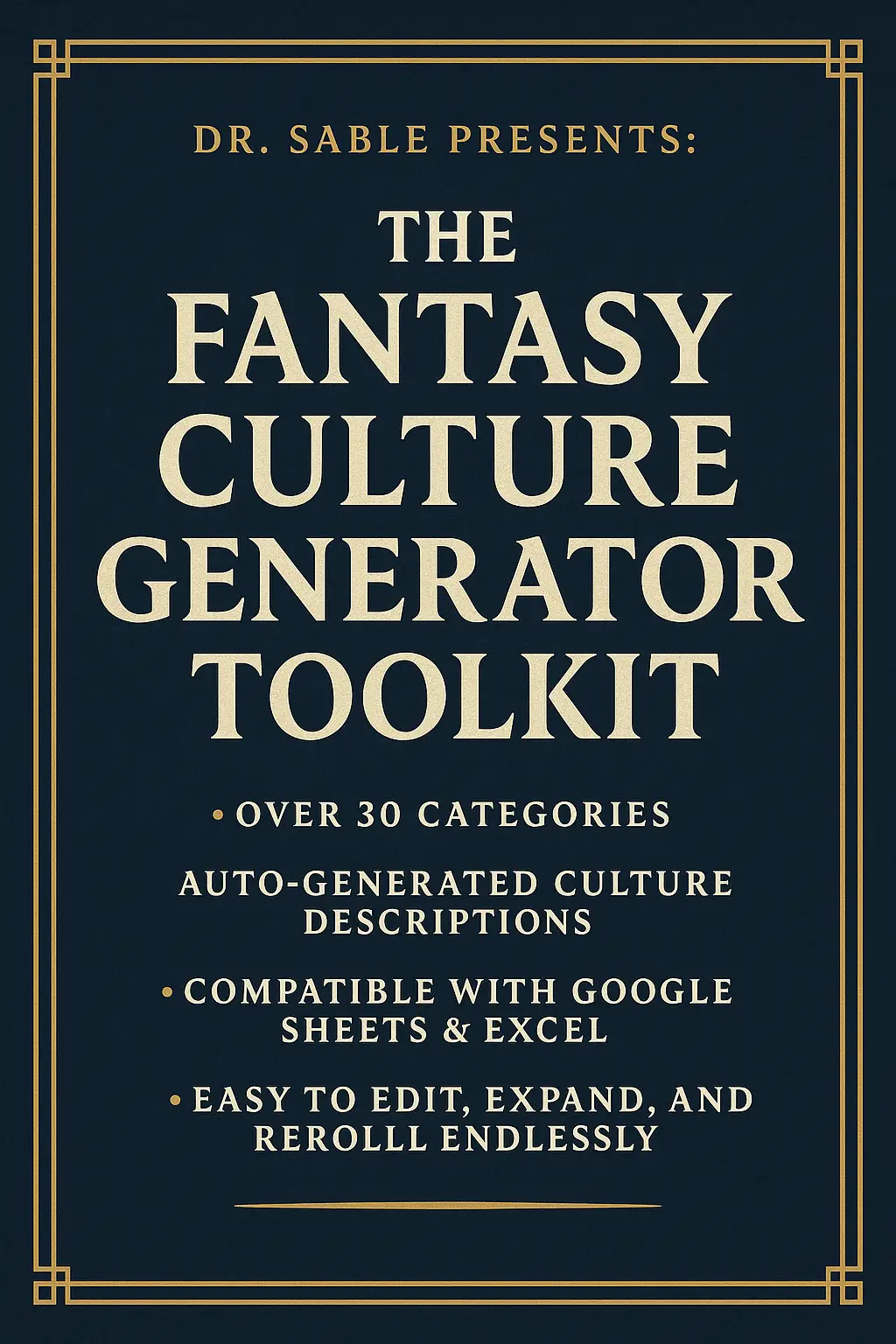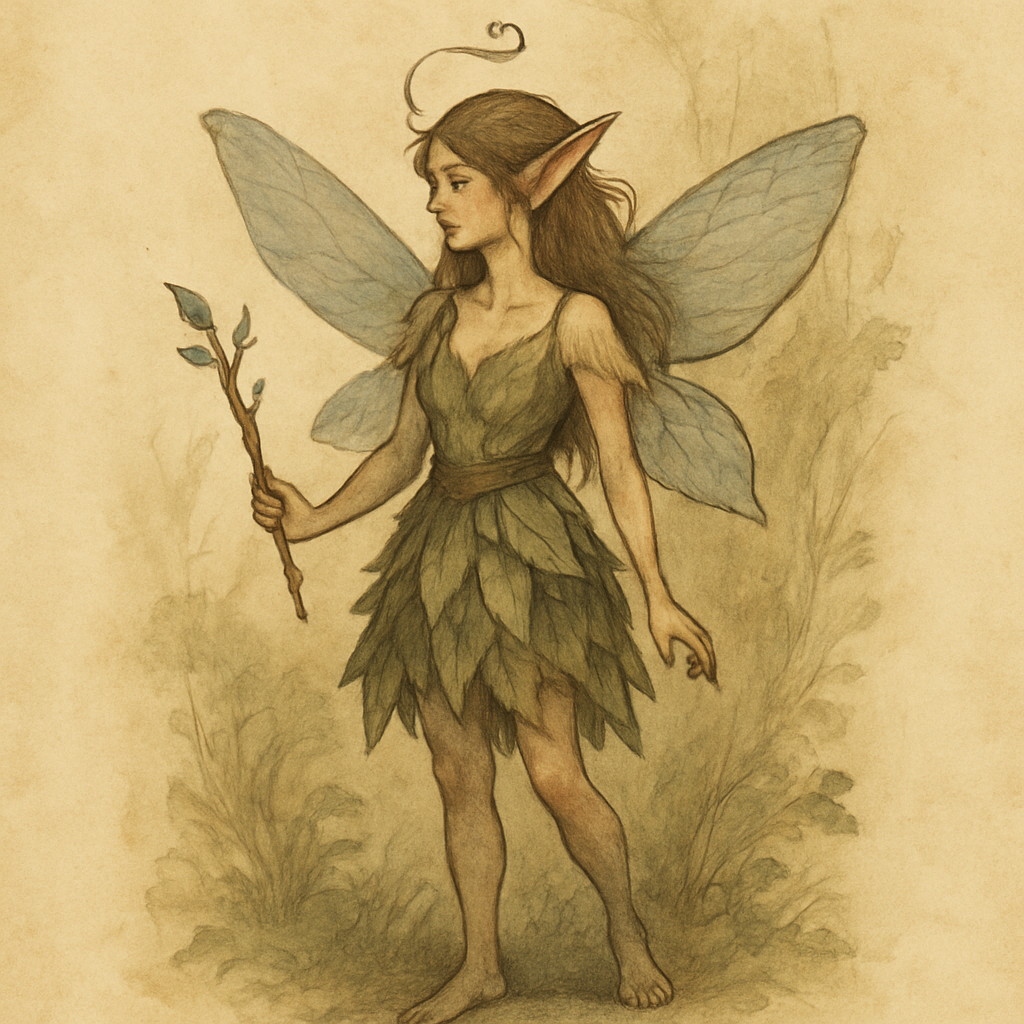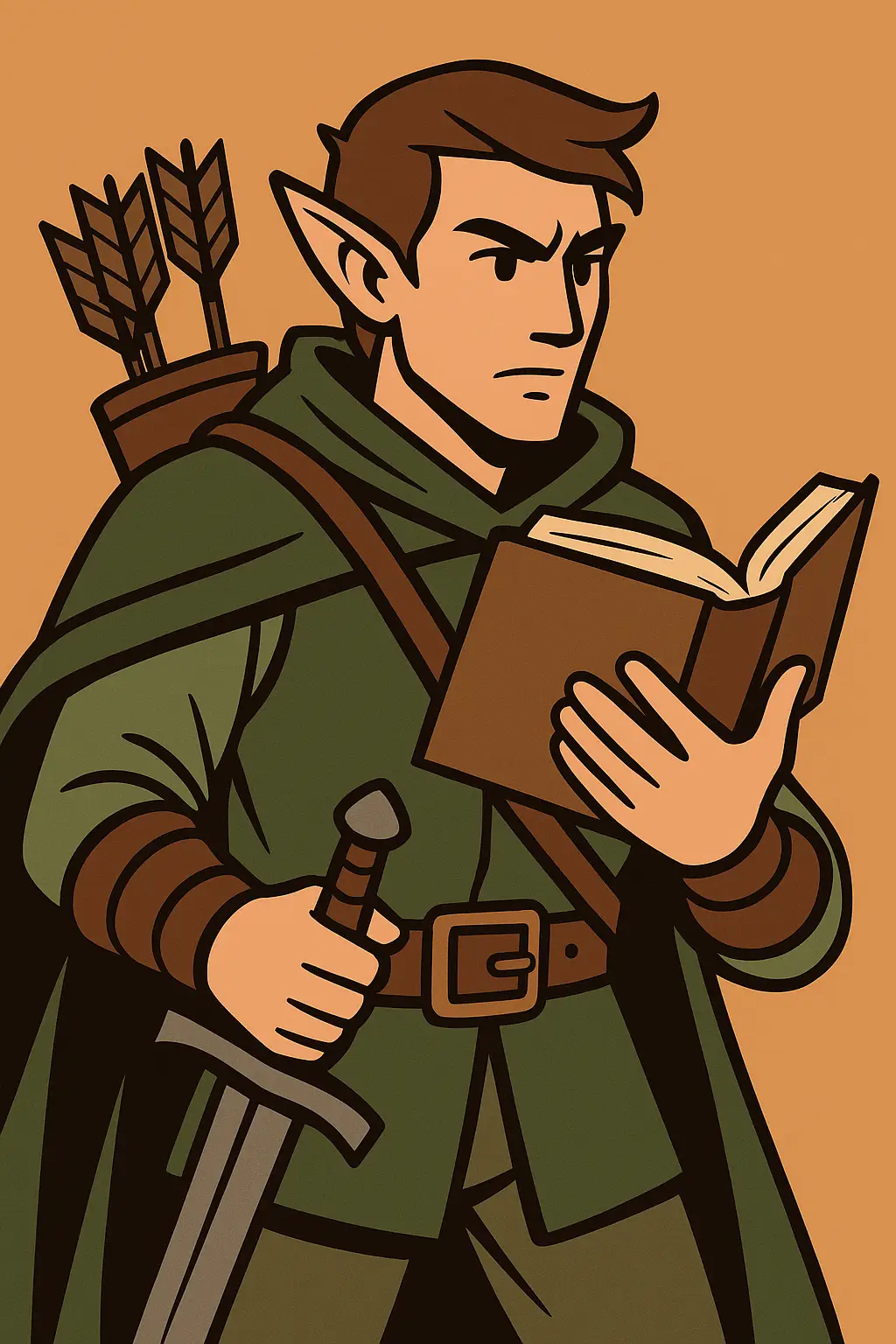Pathfinder isn’t just another fantasy RPG—it’s a system forged in the fires of player creativity and mechanical depth. Whether you’re sneaking through shadowed alleys, shaping the battlefield with elemental might, or healing comrades with divine grace, every Pathfinder class comes with rich lore, versatile mechanics, and deep customization options.
Unlike many TTRPG systems, Pathfinder 2nd Edition (PF2e) emphasizes balance, modularity, and tactical crunch. Its class system is built to support thematic character archetypes while allowing for immense build flexibility.
In this master guide, we’ll take a journey through each of the 22 core and advanced classes in Pathfinder 2e, including their mechanics, role identity, subclass options, and what kind of player they’re perfect for.
Let’s begin.
⚔️ 1. Fighter – The Weapon Master
Role: Frontline striker or tank
Key Ability: Strength or Dexterity
What Makes It Unique:
Weapon Mastery at early levels
Multiple reactions (Attacks of Opportunity, etc.)
Best accuracy and multi-attack progression
The Fighter in PF2e isn’t just a guy with a sword—it’s the tactical core of any martial team. With superior access to combat feats, high defenses, and the ability to use practically every weapon or shield combination, Fighters dominate the battlefield with control, precision, and reliable damage.
Best For:
Players who enjoy high agency in combat and thrive on turn-by-turn tactics.
🧙 2. Wizard – The Arcane Scholar
Role: Blaster, controller, utility mage
Key Ability: Intelligence
What Makes It Unique:
Huge spell repertoire
Schools of Magic (Abjuration, Illusion, etc.)
Familiar and spellbook mechanics
Wizards in Pathfinder are the masters of versatility and pre-planning. With access to all arcane spells and a vast array of metamagic feats, you can customize your Wizard to be anything from an illusionist trickster to a battlefield nuker.
Best For:
Players who love complex prep, arcane theory, and spell-layered problem solving.
🛐 3. Cleric – The Divine Servant
Role: Healer, buffer, divine caster
Key Ability: Wisdom
What Makes It Unique:
Domain powers based on deity
Choice of Holy/Unholy Weapon
Strong offensive or support roles
A Cleric can be anything from a battlefield healer to a divine war machine, depending on their deity and doctrine. Their unique spellcasting and channeling abilities let them mend wounds, smite heretics, or banish demons with equal fervor.
Best For:
Players who want divine flavor, strong healing, and moral weight in roleplay.
🩸 4. Barbarian – The Primal Beast
Role: Heavy hitter, off-tank
Key Ability: Strength
What Makes It Unique:
Rage powers (Instincts like Dragon, Animal, Giant, etc.)
High HP and damage output
Great leap, shove, trip, and grapple support
The Barbarian is the battering ram of Pathfinder. Fueled by primal instincts, you rage into combat with raw force. But PF2e gives you more tactical options than just “smash”—your Instinct shapes your flavor and combat abilities.
Best For:
Players who want fast, furious, and dramatic martial play with a beastly twist.
🎻 5. Bard – The Magical Muse
Role: Support caster, buffer, controller
Key Ability: Charisma
What Makes It Unique:
Composition Cantrips (inspire courage, defense, etc.)
Muse subclass (Polymath, Warrior, Enigma)
Occult spell list
Bards in PF2e are true battlefield orchestrators. Whether through martial support, mind-bending illusions, or sound-based enchantments, they amplify allies and confuse foes with style.
Best For:
Players who love being the party’s force multiplier, social glue, and story engine.
🗡️ 6. Rogue – The Shadowblade
Role: Skirmisher, scout, trap master
Key Ability: Dexterity
What Makes It Unique:
Sneak Attack and Debilitating Strikes
Rogue Rackets (Scoundrel, Thief, Eldritch Trickster, etc.)
Best skill access in the game
Rogues are about precision and versatility. With high Reflex saves, elite skill choices, and subclass “rackets” that redefine playstyle, the Rogue excels in clever play and burst damage.
Best For:
Players who enjoy clever tricks, mobility, and out-of-combat utility.
🔥 7. Sorcerer – The Innate Spellcaster
Role: Blaster, enchanter, shapeshifter
Key Ability: Charisma
What Makes It Unique:
Bloodlines (Draconic, Fey, Elemental, etc.)
Spontaneous casting
Customized spell list per bloodline
Unlike the Wizard, the Sorcerer doesn’t prepare spells—they unleash magic naturally. Each bloodline provides unique spells, resistances, and roleplaying cues. From dragon-blooded firestormers to celestial healers, the Sorcerer brings flavor and fury.
Best For:
Players who prefer flashy, spontaneous magic with deep customization options.
🌲 8. Druid – Nature’s Emissary
Role: Shapechanger, healer, controller
Key Ability: Wisdom
What Makes It Unique:
Orders (Wild, Leaf, Storm, Flame, etc.)
Animal Companions
Nature- and terrain-based casting
The Druid is the ultimate environmentalist—channeling the natural world to shapeshift, heal, or cast powerful terrain-altering spells. Their subclass (Order) shapes their powers and determines whether they fight alongside an animal, shift into a bear, or command a hurricane.
Best For:
Players who want thematic, nature-bound casting and lots of versatility.
🛡️ 9. Champion – The Holy Shield
Role: Tank, defender, off-healer
Key Ability: Strength or Dexterity
What Makes It Unique:
Divine smite-like powers
Tenets and Deity Code
Aura-based defense boosts
Champions are moral warriors. With the best armor proficiency and amazing reactions (like Retributive Strike), they defend the party and punish those who threaten it. Whether Good (Paladin), Neutral (Redeemer), or Chaotic (Liberator), their code defines them.
Best For:
Players who want a heavy armor, high-defense protector with roleplay depth.
🔬 10. Investigator – The Logic Engine
Role: Skill expert, precision striker
Key Ability: Intelligence
What Makes It Unique:
Devise a Stratagem (pre-rolled attack bonuses)
Deduction-focused feats
Great with Recall Knowledge
Investigators are tactical thinkers. They don’t just fight—they plan, anticipate, and solve. Their Devise a Stratagem feature gives a Sherlock Holmes-like predictive edge in battle and dialogue.
Best For:
Players who enjoy investigation, planning, and outwitting opponents.
💀 11. Witch – The Arcane Conduit
Role: Occult caster, curse-weaver, debuffer
Key Ability: Intelligence
What Makes It Unique:
Patron (Curse, Wilds, Rune, etc.)
Familiar-focused mechanics
Occult spell list
Witches are weird, arcane specialists—bridging the gap between Wizard precision and Sorcerer mysticism. They learn magic from a patron and channel it through a familiar, blending lore, enchantment, and elemental power.
Best For:
Players who want mysterious magic, thematic roleplay, and slow-burning power.
🔥 12. Magus – The Spellblade
Role: Gish (spell/melee hybrid), striker
Key Ability: Strength or Intelligence
What Makes It Unique:
Spellstrike mechanic (combine spell + weapon attack)
Very limited spells known—but powerful combos
Arcane weapon enchantments
The Magus is the apex spell-melee hybrid, merging martial skill with arcane might. You might channel a Shocking Grasp through your sword or teleport mid-combat. You get fewer spells, but they hit hard.
Best For:
Players who want to blend swordplay with arcane devastation.
⚗️ 13. Alchemist – The Brewmaster
Role: Buffer, blaster, debuffer
Key Ability: Intelligence
What Makes It Unique:
Bombs, mutagens, poisons
Quick Alchemy system
Research Fields (Bomber, Chirurgeon, Toxinist)
Alchemists in PF2e aren’t healers in white coats—they’re mad scientists. From healing brews to explosive concoctions, their tactical options are many, but they require pre-planning and inventory tracking.
Best For:
Players who love crafting, prep, and tactical item use.
🗡️ 14. Swashbuckler – The Stylish Duelist
Role: Agile striker, debuffer
Key Ability: Dexterity or Charisma
What Makes It Unique:
Panache (style-based momentum)
Confident Finish
Flourishes and finisher abilities
The Swashbuckler thrives on style and speed. By gaining Panache through skillful stunts, they can unleash deadly finishing moves and dominate the battlefield with flair.
Best For:
Players who love flash, bravado, and battlefield movement.
🐾 15. Oracle – The Divine Paradox
Role: Healer, support, blaster
Key Ability: Charisma
What Makes It Unique:
Mysteries (Bones, Flames, Cosmos, etc.)
Revelation spells
Curse mechanic (unique drawback system)
Oracles are mystic vessels of divine power—but that power is unpredictable. Their signature feature is their Curse, which gets worse as they gain strength. Managing it is a mini-game of divine consequences.
Best For:
Players who love trade-offs, dramatic flavor, and high-impact spellcasting.
🧙♂️ 16. Summoner – The Bound Companion
Role: Battlefield control, hybrid casting, tank or striker
Key Ability: Charisma
What Makes It Unique:
Eidolon (customizable summoned entity)
Tandem Actions system
Shared HP pool between caster and summon
The Summoner in PF2e is a duo-class—your character and your Eidolon act in sync, often moving and attacking together. The Eidolon can be a celestial angel, a dragon, a construct, or a beastly abomination—customized by feats and evolution options.
Best For:
Players who love the “pet class” fantasy but want deep synergy and customization.
📖 17. Thaumaturge – The Relic-Bearing Savant
Role: Skill monkey, hybrid martial, universal damage
Key Ability: Charisma
What Makes It Unique:
Esoteric Lore (special skill checks that target weaknesses)
Implements (Items like Amulet, Wand, Regalia, etc.)
Diverse toolkit with high utility
Thaumaturges are lore-heavy pragmatists, fighting the supernatural with tools and tomes. They aren’t spellcasters in the traditional sense, but their supernatural knowledge and relic-focused mechanics give them magical flavor with martial reliability.
Best For:
Players who love clever, well-informed characters who always seem to have the right trick up their sleeve.
🌀 18. Psychic – The Mentalist
Role: Blaster, enchanter, controller
Key Ability: Intelligence or Charisma
What Makes It Unique:
Unleash Psyche mechanic
Conscious Minds (determine spell themes like Distant Grasp, Tangible Dream, etc.)
No spell slots—focus pool-based casting
Psychics are the focus casters of PF2e, relying on a blend of cantrip scaling and resource-efficient psi abilities. Instead of preparing spells traditionally, they channel mental power through themes like time, dreams, and force.
Best For:
Players who enjoy sustained combat utility, focused class mechanics, and psychic storytelling.
🛠️ 19. Inventor – The Tech-Savvy Engineer
Role: Martial hybrid, support, tank
Key Ability: Intelligence
What Makes It Unique:
Construct Companion, Armor Modifications, or Weapon Modifications
Overdrive (temporarily boost offense)
Scaling Craft-based innovation
The Inventor is Pathfinder’s answer to the fantasy tinkerer, fusing mechanical skill with battlefield presence. You can be a construct commander, a walking tank, or a blade innovator—and still have time to craft solutions between sessions.
Best For:
Players who love customization, crafting, and building thematic machines of destruction.
🔮 20. Kineticist – The Elemental Avatar
Role: Blaster, tank, controller
Key Ability: Constitution
What Makes It Unique:
Focused on elemental gates like Fire, Air, Earth, Wood, etc.
Impulse abilities with no spell slots
Burn replaced by resource balancing and action cost
The Kineticist is all about channeling raw elemental power. You don’t use spell slots—you manipulate your element through impulse actions, stances, and channels. Each Gate feels like a mini-class of its own, and multiclassing Gates allows for bending multiple elements.
Best For:
Players who want constant magical offense without the fuss of spell prep.
🔮 21. Gunslinger – The Ranged Specialist
Role: Ranged striker
Key Ability: Dexterity
What Makes It Unique:
Firearm-specific feats
Way of the Sniper, Pistolero, or Vanguard
Risk-vs-reward mechanics (reload timing, misfires, etc.)
Gunslingers are Pathfinder’s take on guns in a fantasy world. They’re mechanically tight, thematically distinct, and surprisingly balanced. Ammo management, reload timing, and firearm recoil are all part of the playstyle.
Best For:
Players who love precision, ranged tactics, and cinematic action.
🥷 22. Monk – The Unarmored Warrior
Role: Martial striker, controller, mobility
Key Ability: Strength or Dexterity
What Makes It Unique:
Stances and special unarmed attacks
Ki spells and Focus powers
Great mobility and AC without armor
Pathfinder’s Monk is a discipline-heavy, action-efficient class. Using martial arts stances, you gain access to unique flurries, grapple tricks, and ki-powered techniques. PF2e’s action economy makes the Monk click in a way other editions struggled to.
Best For:
Players who love mobility, positioning, and martial arts mastery.
🧭 Pathfinder’s Design Philosophy: Class Identity with Flexibility
What makes Pathfinder’s class system sing is its balance between identity and customization. Every class starts with a clear archetype—the “story” behind your character’s capabilities—but allows for extensive customization through:
Ancestry feats
Class feats
Skill feats
General feats
Multiclass archetypes
No two Wizards—or Fighters, or Druids—need to play the same way.
Where D&D often opts for fewer meaningful choices per level, PF2e leans hard into player agency, allowing players to tailor their progression to their fantasy and mechanical needs.
🎲 Final Thoughts: Choosing Your Pathfinder Class
With 22 (and counting) core and advanced classes available in Pathfinder 2e, your table is limited only by your imagination. Whether you want to become an elemental conduit, a holy avenger, a polymorphing stormcaller, or a steampunk tank, there’s a build path for you.
Here’s a short cheat sheet to inspire first-time players:
| If You Want To… | Try… |
|---|---|
| Fight up close with tactics | Fighter, Monk, Swashbuckler |
| Heal and protect others | Cleric, Champion, Alchemist |
| Command a beast, summon spirits | Druid, Summoner, Ranger |
| Throw fireballs and manipulate time | Wizard, Sorcerer, Psychic |
| Sneak and strike with precision | Rogue, Investigator |
| Support allies with buffs and flair | Bard, Oracle, Witch |
| Mix magic and martial power | Magus, Inventor, Armorer |
| Tell stories through items and creations | Artificer (if 3PP), Alchemist, Thaumaturge |
At the heart of it all is your character’s story—the mechanics are just the bones beneath the legend.
So, which class will you awaken next?



